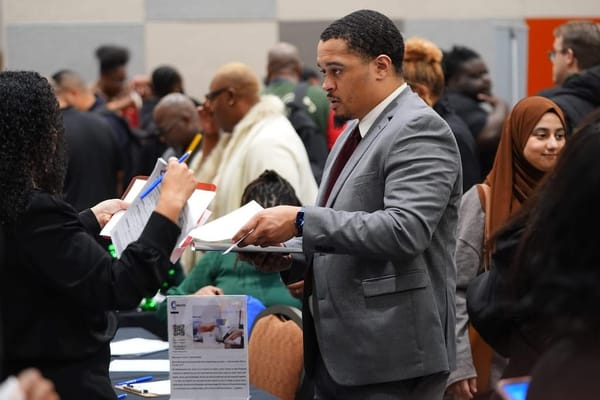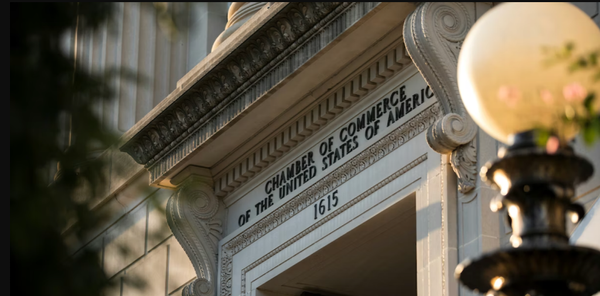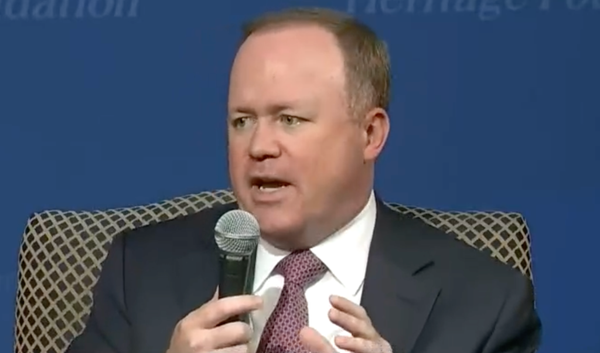FCC Maps Have ‘Misleading’ Satellite Claims, Need Clarity on Challenge Process: Advocacy Group
The commission published the initial draft of its map Friday, unleashing a storm of controversy in the industry circles.
David B. McGarry

WASHINGTON, November 23, 2022 – Advocacy group Public Knowledge alleged in a letter on Tuesday that the Federal Communications Commission’s newly released map includes “misleading” coverage claims of satellite broadband providers and asked the commission to demystify the national broadband map’s bulk challenge process.
The commission published the initial draft of its map Friday, unleashing a storm of controversy in industry circles. While many agree that the map’s granular, location-level model is superior to the previous Form 477–based, census-block model, some worry that much the new map’s data is deeply inaccurate.
“State broadband offices, local communities, and community based organizations have noted a number of inaccuracies in the new broadband maps,” Public Knowledge wrote in its filing, authored by Jenna Leventoff of the advocacy group, and submitted on behalf of her, Harold Feld, and Greg Guice of Public Knowledge.
The group argued the map overestimates the capabilities of satellite broadband. “Satellite broadband, in theory, is capable of serving most locations in the country,” the filing reads. “However, in practice, satellite providers cannot serve the whole country at broadband speeds.”
The NTIA, in its notice of funding opportunity for the BEAD program, classified locations served exclusively by satellites as unserved. In August, the FCC rescinded Starlink’s $885 million grant from the Rural Digital Opportunity Fund, alleging unreliability. Besides private advocates such as think tank TechFreedom, FCC commissioners Nathan Simington and Brendan Carr have criticized the agency’s RDOF flip-flop. Starlink appealed in September.
Problems with the challenge process
Public Knowledge also took issue with the process by which the public can challenge the maps’ accuracy. “Although eager to challenge those inaccuracies,” it wrote, “Many expressed confusion over the bulk challenge process, with one even noting that they did not think it was possible.” The advocacy group also asked the commission to clarify the treatment of submitted speed test data.
The FCC scheduled a webinar on the bulk-challenge process for fixed-availability data for November 30, at 4 p.m. ET.
Regardless of accuracy, the FCC’s data will shape the National Telecommunications and Information Administration’s state-by-state allocations from the $42.5 billion Broadband Equity, Access, and Deployment program, which are scheduled to be announced in June 2023. To ensure challenges are factored into the NTIA’s decision making, the agency has encouraged potential challengers to submit data before January 13, 2023 – less than two months after the map was made available.











Member discussion